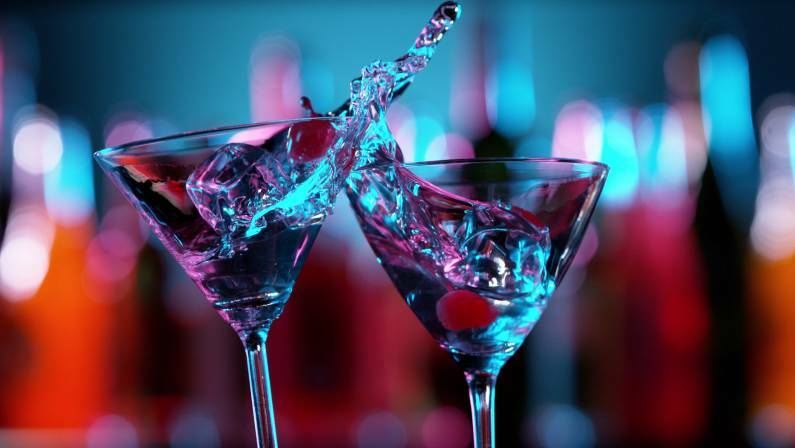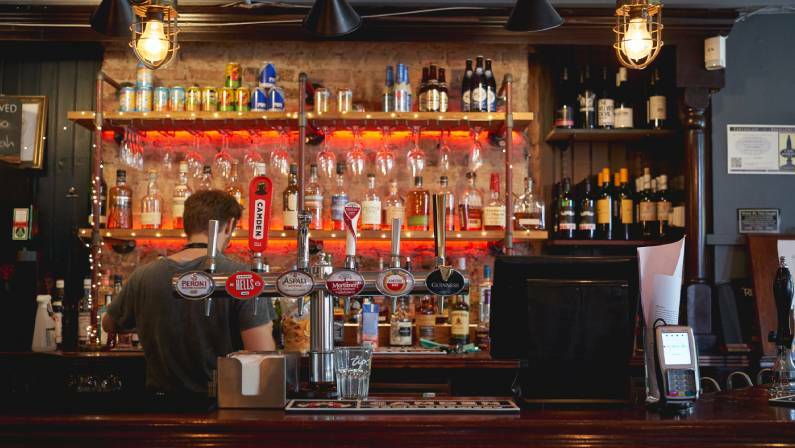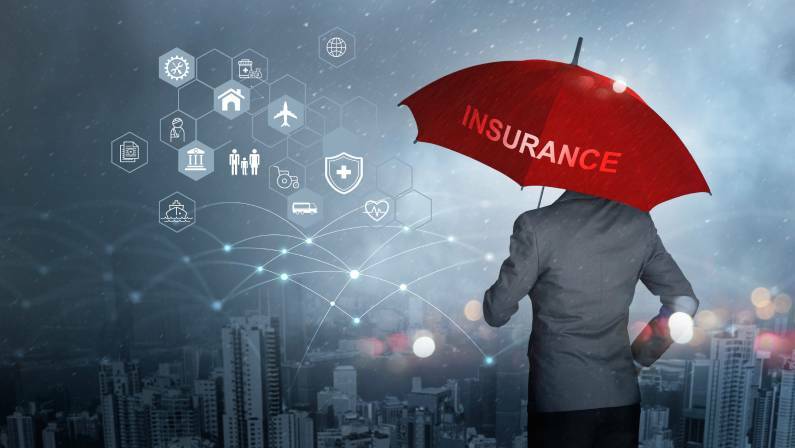What Is Liquor Liability Insurance
When you're a business owner, you want to make sure that your customers have the best experience possible. That's why we're here to help you learn about liquor liability insurance.
Liquor liability insurance protects against lawsuits related to serving alcohol—whether it's a slip-and-fall accident or someone getting hurt by falling off a barstool. If an intoxicated customer injures themselves, or someone else, and they decide to sue you for damages, liquor liability insurance will cover those costs.
What is Liquor Liability Coverage?

Businesses that sell, serve or distribute alcohol are protected by liquor liability insurance. This kind of commercial insurance might assist in paying for claims of physical harm or property damage that a drunken client produces after being provided alcohol. Both a standalone policy and an endorsement to general liability insurance are available for this.
Liquor liability insurance offers coverage for the following if your company is sued:
legal fees
judgments or agreements
The expense of repairs to fix property damage
medical expenses for treating injuries
What Does Liquor Liability Insurance Cover?
Liquor liability insurance can cover court costs, settlements, and medical expenses if your company sells or serves alcohol to a clearly drunk person who later causes harm or damages.
Injuries to Third Parties.
Liquor liability insurance can assist in covering emergency medical costs or court costs if a customer who was intoxicated at your establishment hurts someone else.
Legal Fees
Liquor liability insurance can assist with the following expenses in the event of a lawsuit stemming from an incident involving an overserved customer:
Court fees
Lawyer's fees
Settlements
Property damage to other parties.
If someone who became intoxicated at your establishment damages another person's property, your liquor liability insurance may be able to pay for the repairs or replacement.
Additional claims include battery and assault.
Your business needs can be accommodated with liquor liability insurance. To defend against allegations that a bouncer hurt a patron or to ensure coverage against staff who consume alcohol while on the job, a bar owner may choose to add assault and battery coverage. Additionally, you can obtain coverage for particular acts of aggression, allegations of mental injuries, and more.
What Does Liquor Liability Insurance Not Cover?
Even if a customer who is drunk causes damage to your business property, liquor liability insurance won't pay for it. You need commercial property insurance if you want coverage for your own company's assets, such as your building, stock, and equipment.
Who Needs Liquor Liability Coverage?

Businesses that often require coverage for liquor liability include:
Restaurants Bars and taverns
Caterers
Breweries and wineries
Grocery stores
Liquor stores
A general liability policy cannot be replaced by liquor liability, so keep that in mind. The above-mentioned business categories as well as others like them could need to carry both types of insurance.
How Much Does Liquor Liability Insurance Cost?
The percentage of your sales that come from selling alcohol generally affects the price of your liquor liability insurance. As a result, a bar will probably pay more for liquor liability insurance than a restaurant or grocery shop.
The simplest method to learn how much your company's liquor liability insurance will cost is to request a quote. This is so that an insurance provider may calculate the price of liquor liability insurance using various variables. This may apply to your company:
Industry
Some sectors are riskier than others, which can result in higher insurance costs.
Location: The cost of insurance might be affected by the state in which your company is located.
Coverage limits
Your insurance premiums will increase as the limit of your coverage increases. Be advised that some jurisdictions may mandate that companies carry a certain minimum level of liquor liability insurance.
Alcohol sales
Your rate may vary depending on how much alcohol your company sells each year.
Do I Need Liquor Liability Insurance?
Get liquor liability insurance if your company produces, sells, distributes, or serves alcohol to customers. Businesses of the following kinds may require liquor liability insurance:
Restaurants/ Caterers
alcohol retailers
groceries shops
If your company is located in a state with dram shop regulations, liquor liability insurance is especially crucial. These rules make it possible for companies to be held accountable if they sell or serve alcohol to drunk people who harm themselves or cause property damage.
What To Look For When Purchasing Liquor Liability Coverage?

When purchasing liquor liability insurance, there are a number of factors that should be taken into consideration. The first factor to consider is how much coverage you will need.
This will depend on the size of your business and how much alcohol is served at one time or another during the course of an average day. Some businesses also require more coverage than others because they deal with higher amounts of risk when it comes to serving alcohol than others.
Another thing that should be taken into consideration when purchasing liquor liability insurance is who will cover any claims made against you if something happens at your establishment. The best way to find out which companies offer this kind of coverage at an affordable price is by calling local agents who sell liquor liability policies for businesses such as yours.
How To Get The Best Liquor Liability Insurance?
Liquor liability insurance is offered by many commercial insurance providers, thus it is advisable to compare quotes from several insurance providers to find the best deal. Your small business insurer for other types of coverage is an excellent place to start.
A general liability insurance policy usually allows you to add liquor liability insurance as an endorsement. Additionally, it is possible to obtain liquor liability insurance separately or as an addition to a business owner's policy (BOP).
Ask for an estimate on liquor liability from insurance firms that provide coverage for small businesses. To obtain an online estimate, you can consult our professionals at Hotchkiss Insurance! We have offices in Houston, Dallas, San Antonio, and Fort Worth.
Does General Liability Insurance Include Liquor Liability?

A typical general liability insurance policy does not come with liquor liability coverage by default. Instead, you must include it as a recommendation.
What’s The Difference Between Host Liquor Liability And Liquor Liability Coverage?
Liquor liability insurance covers establishments that sell or serve alcoholic beverages, whereas host liquor liability covers enterprises that permit guests to consume alcohol on their property but do not sell alcohol.
While host liquor responsibility is covered by a company's general liability insurance, liquor liability insurance can be added as an endorsement.
Companies that don't sell alcohol but do permit customers to consume alcohol on their property may consider host liquor liability insurance.
It Doesn't Have To Be Complicated
Liquor liability insurance is a must-have for any bar or restaurant, as it can provide protection against a wide range of possible liabilities. It can also be used to cover losses that are not directly related to liquor, such as food poisoning or injuries on the premises. Liquor liability insurance can be purchased from a variety of insurance companies, and some even offer discounts for businesses that have been in operation for a long time.
If you own or manage a bar or restaurant, it's important to make sure you have the right amount of liquor liability insurance coverage in place. This way, if something goes wrong at your establishment, you're protected from any liability issues that may arise.